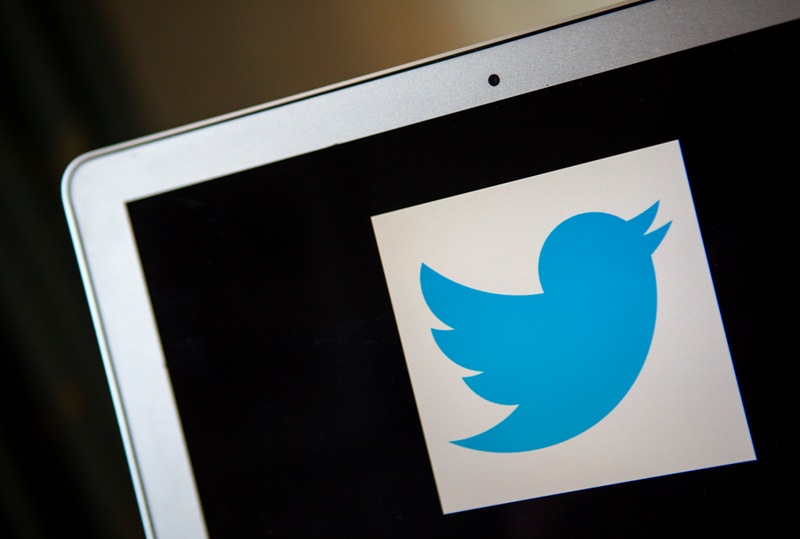The IPI global network expresses alarm over the Indian government’s use of emergency powers granted under the country’s IT rules to block clips of a BBC documentary critical of Prime Minister Narendra Modi from being accessed and shared online. The Modi government must refrain from using these powers to force online platforms to censor critical news and information.
The BBC documentary, “India: The Modi Question,” explores a report by the United Kingdom Foreign Commonwealth and Development Office focused on the 2002 anti-Muslim riots in Gujarat state during which more than 1,000 people were killed, most of them Muslim. Human rights groups have questioned the leadership of Modi, who was the chief minister of Gujarat at the time, with some claiming he was responsible for the “climate of impunity” that enabled the violence
The documentary is not being aired in India but clips could be accessed and shared online. On January 20, the Ministry of Information and Broadcasting announced it had ordered Twitter and YouTube to block links to the video, evoking emergency powers under the IT Rules that give authorities the ability to compel private platforms to block online content in order to protect “national sovereignty” and public order. Both Twitter and YouTube complied with the orders, according to Kanchan Gupta, senior advisor at the Ministry of Information and Broadcasting.
These latest moves are part of a wider attack on press freedom in India since Modi and his nationalist conservative Bharatiya Janata Party came to power in 2014. Over the past eight years, the Modi government and BJP supporters have attempted to silence independent media through attacks and repressive laws, often targeting the Muslim minority.
India’s 2021 IT Rules give the government expansive and unchecked powers to control and censor online content and news outlets. Twitter has sued the Indian government over its blocking orders on grounds these demands are arbitrary and violate freedom of expression.
Last week, the Indian government took steps to further expand its online censorship powers by proposing a new amendment to the IT Rules that require platforms to remove content deemed to be “fake or false” by the government.
“The Modi government is clearly abusing emergency powers under the IT Rules to punish or restrict any and all criticism of its policies. There is no evidence that the BBC documentary is a threat to India’s sovereignty or to the public order. In democratic societies, public figures must withstand greater public scrutiny”, IPI Director of Advocacy Amy Brouillette said. “We urge private platforms to continue to push back against the Modi government’s overly broad and unjustified censorship demands. Online platforms must ensure that their compliance with such demands does not aid the government’s ongoing campaign to silence critics, journalists, and activists in India.”
